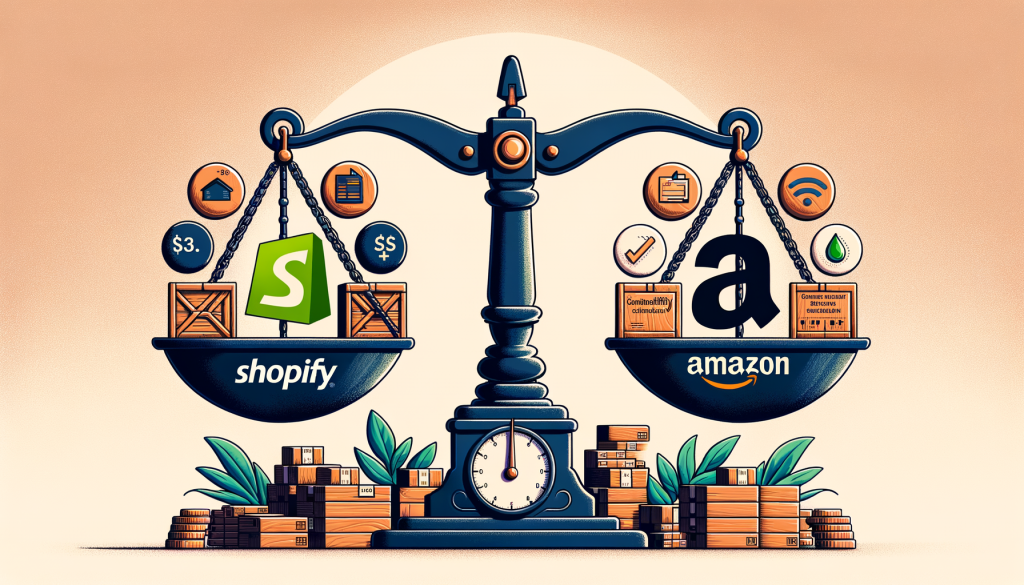Shopify Like Amazon: A Comprehensive Comparison
In the realm of eCommerce, two giants stand tall: Shopify and Amazon. Both platforms offer exceptional opportunities for online retailers, but how similar are they really? Let’s delve into the world of Shopify like Amazon and explore their similarities, differences, and what makes each unique.
Is Shopify Similar to Amazon?
While both Shopify and Amazon serve the eCommerce market, their approaches differ significantly. Shopify is a platform allowing businesses to create their own online stores, offering full customization and control over brand identity. In contrast, Amazon is a massive online marketplace facilitating sales through its own platform.
- Shopify: Focuses on empowering individual brands with their own websites.
- Amazon: Acts as a global marketplace where businesses can list their products among countless others.
- Custom Branding: Available on Shopify, limited on Amazon.
Both are dynamic platforms, but they serve different eCommerce needs.
What Exactly Does Shopify Do?
Shopify provides the tools necessary for businesses to establish and manage their own online storefronts. It offers a variety of features including:
- Website Themes: A range of customizable themes to create unique online stores.
- Payment Solutions: Integrated payment processing, supporting numerous currencies.
- Marketing Tools: SEO optimization, email marketing, and social media integration.
With these capabilities, Shopify streamlines the process of launching and operating an eCommerce store.
What is the Disadvantage of Shopify?
No platform is without its drawbacks. Here are some disadvantages associated with Shopify:
- Transaction Fees: Unless using Shopify Payments, users incur transaction fees.
- Additional Costs: Many advanced features require paid add-ons.
- Limited Customization: Some limitations exist without delving into complex coding.
While these aspects can be seen as limitations, they are manageable with careful planning and strategy.
Is Shopify Owned by Amazon?
Interestingly, Shopify is not owned by Amazon. The two companies are independent entities with their own strategic visions. Shopify, founded in 2006, has carved out its niche by focusing on empowering entrepreneurs and small to medium-sized businesses with its proprietary tools.
Amazon, on the other hand, has a broader scope, acting as a marketplace and a platform enabling large-scale sales. Their independence allows each to develop unique, innovative approaches to eCommerce.
Choosing the Right Platform
When deciding between Shopify and Amazon, consider your business needs:
- Brand Control: Shopify provides greater control over branding and store appearance.
- Marketplace Reach: Amazon offers access to an existing expansive customer base.
- Business Model: Evaluate whether owning a website or leveraging a marketplace suits your strategy better.
For more customized solutions and expert advice on deploying an efficient eCommerce strategy, explore eCommerce Solutions – your go-to resource for all things Shopify like Amazon.
In conclusion, both Shopify and Amazon offer distinct advantages tailored to different types of sellers. Understanding their unique offerings ensures that you choose the right platform to elevate your business.
“`






